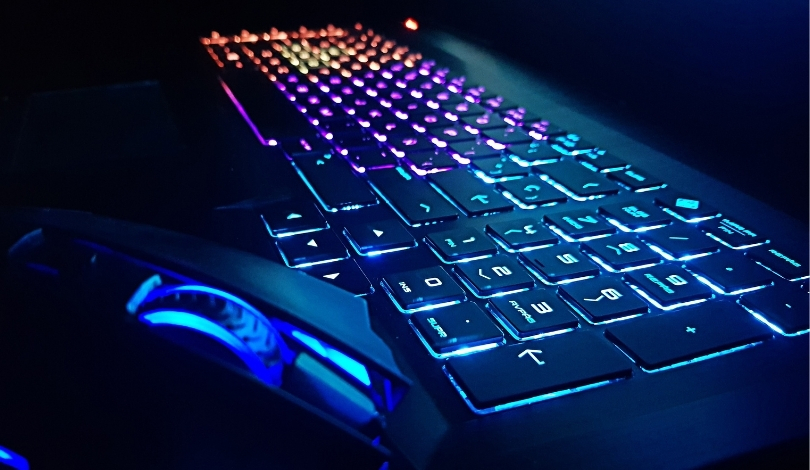Major gaming industry events are witnessing a noticeable surge in PC titles, reflecting the shifting landscape of game platform availability. While recent festivals catered to a variety of gaming hardware, an increasing proportion of featured games target the PC market. Consumers and developers alike are adapting to this trend, as day-one PC releases become more commonplace and previously console-exclusive studios now recognize the importance of PC platforms. Some newly-announced games, like the expansion of the Pokémon developer Game Freak’s portfolio to include PC releases, highlight strategic changes in distribution across the industry.
Other industry analyses over the last year have reported similar moves by major publishers, but previously, some companies maintained longer periods of exclusivity for consoles. Even when multi-platform releases occurred, PC launches often followed after considerable delays. The consistent prioritization of PC at significant events, including dedicated showcases and mainstream expos, marks a more synchronized approach across the board. This shift enables simultaneous access for a wider audience and reflects broader support among global developers for the PC segment.
Why Are More Events Highlighting PC Titles?
Recent showcases such as the Frosty Games Fest, though not exclusively dedicated to PC gamers, present extensive lineups where almost all titles have planned PC versions. The presence of a special Steam event page for Frosty Games Fest demonstrates concerted efforts to direct players toward digital platforms—further strengthening the relationship between festivals and PC storefronts. Games spanning a mix of genres, from narrative-driven visual novels to action-focused titles, are embracing PC as a standard part of their release roadmap.
How Are Platform Strategies Evolving?
Microsoft’s approach with its ROG Ally handheld device notably integrates Xbox content with the flexibility of Windows, signaling a merging of traditional console and PC ecosystems. Furthermore, studios usually associated with exclusive franchises, like Game Freak, are broadening their horizons by bringing new games—such as the post-apocalyptic action RPG Beast of Reincarnation—to PC. These tactical shifts illustrate current trends among industry leaders to reduce barriers and maximize reach.
What Do Multi-Platform Releases Mean for Gamers?
A wider array of games now launches on PC at the same time as other platforms, including high-profile titles like Scott Pilgrim EX and Wu-Tang: Rise of the Deceiver. Even niche offerings, such as Nicktoons: The Dice of Destiny and LEGO Party, are being developed with PC users in mind.
“Bringing together the power of Xbox and the freedom of Windows,”
as stated by Microsoft’s Xbox president Sarah Bond, reflects a growing commitment to seamless access regardless of device.
The increased visibility of PC releases at events like the Summer Game Fest signals a major departure from conventions such as E3, which historically allocated PC gaming to secondary status behind consoles. Game reveals now rarely prompt speculation about PC availability; instead, both indie and established developers design for simultaneous or near-simultaneous release on PC and other platforms. This approach fosters greater excitement and participation in the broader gaming community while reducing uncertainty for PC fans.
The recent trend toward multi-platform launches has practical implications for developers and consumers alike. Development pipelines must accommodate diverse hardware, resulting in better optimization and wider access from the outset. Those interested in new titles such as Beast of Reincarnation, Nicktoons: The Dice of Destiny, End of Abyss, and Out of Words can expect increased launch parity across PC and other systems. For players, these changes offer greater choice and minimize waiting periods between initial release and their preferred platform. For the industry, this pattern of inclusivity could sustain long-term engagement, as events increasingly serve the broad spectrum of gamers who prefer PC as their main platform.










